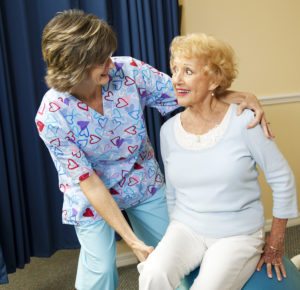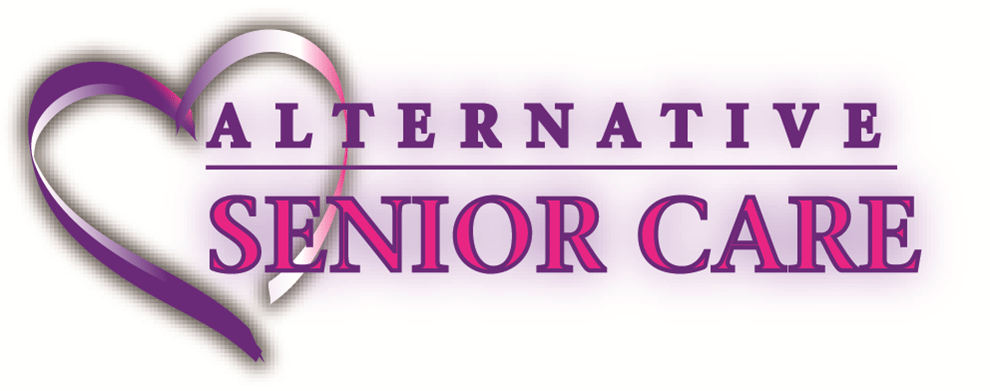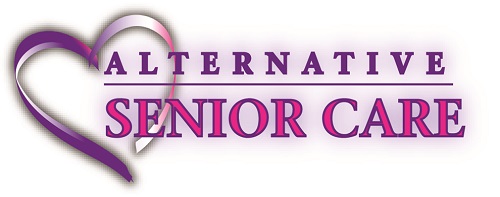How Can Occupational Therapy Help Senior Stroke Survivors?

Elderly Care in Sauk Centre MN: How Can Occupational Therapy Help Senior Stroke Survivors?
Watching an elderly loved one recover from a stroke can be difficult because the survivor often doesn’t have the mobility and physical abilities they used to. Family caregivers for aging loved ones who have suffered from a stroke are often faced with an array of questions about what kind of care and treatments they need to arrange.
One important aspect of elderly care and stroke recovery is occupational therapy. When included in a comprehensive plan that might include home care, housekeeping services, meal delivery and more, occupational therapy can make a big difference in how elderly stroke survivors not only survive, but thrive in the coming years.
Stroke Survivors are Numerous
Each year, nearly 800,000 people in the United States suffer from a new or recurring stroke, according to the American Occupational Therapy Association. The majority of stroke survivors are seniors who are often dealing with additional health and wellness issues, making it even harder for them to recover. In fact, three-fourths of all strokes occur in people over age 65, according to NIH Senior Health. That means family caregivers, home care aids and their elderly care network will likely be exposed to post-stroke care in their daily routines.
Strokes Can Cause Physical Challenges
After surviving a stroke, patients may struggle with challenges like physical weakness on one or both sides of the body, reduced mobility, weak grip, poor balance, limited coordination and more. Stroke survivors are also more likely to experience depression due to frustration about their limitations. A sudden loss of independence coupled with the pain and suffering that a stroke can bring increases their feelings of helplessness and dependence.
Occupational Therapy Helps Stroke Survivors
The good news is that there are various therapies available to seniors after they have suffered a stroke. Occupational therapy is a key factor in helping stroke survivors renew their daily activities on their own. With training, exercise and encouragement, occupational therapists can help seniors relearn how to do the basics, such as writing, cooking, bathing, grooming, eating, drinking and dressing. The more independent the stroke survivor becomes, the better their outlook on their situation is and the easier elderly care is for them. Not only does their physical health improve, but their mental health gets a boost because they are accelerating their recovery from their stroke.
Ongoing Occupational Therapy
When stroke survivors first start occupational therapy, they are mostly focused on the basics, like swallowing, holding a fork and drinking from a glass. As their physical abilities improve, stroke survivors can expand their therapy to include even more daily tasks and activities. From bathing themselves to getting dressed to opening the refrigerator, each achievement brings seniors a step closer to increased independence and minimal elderly care. With a number of goals in mind, the elderly patient can learn to function as well as can be after their stroke.
When senior stroke survivors can rely on a network of supporters like occupational therapists, home care aides, family caregivers, community members and more, they are on their way to regaining their emotional well-being, healthy lifestyle habits and social connections that bring meaning to their lives.
Source:
http://www.aota.org/about-occupational-therapy/professionals/rdp/stroke.aspx
https://nihseniorhealth.gov/stroke/rehabilitation/01.html
If you or an aging loved-one are considering in-home elderly care in Sauk Centre, MN, please contact the caring staff at Alternative Senior Care today. Providing Home Care in Central Minnesota and Surrounding Communities. Call us Today (320) 352-3350.
- Meet two of the ladies who are really making a difference:Faith and Hannah - May 28, 2025
- Helping Seniors Manage Tinnitus - May 21, 2025
- Why Are ADLs and IADLs Significant for Seniors? - May 8, 2025


